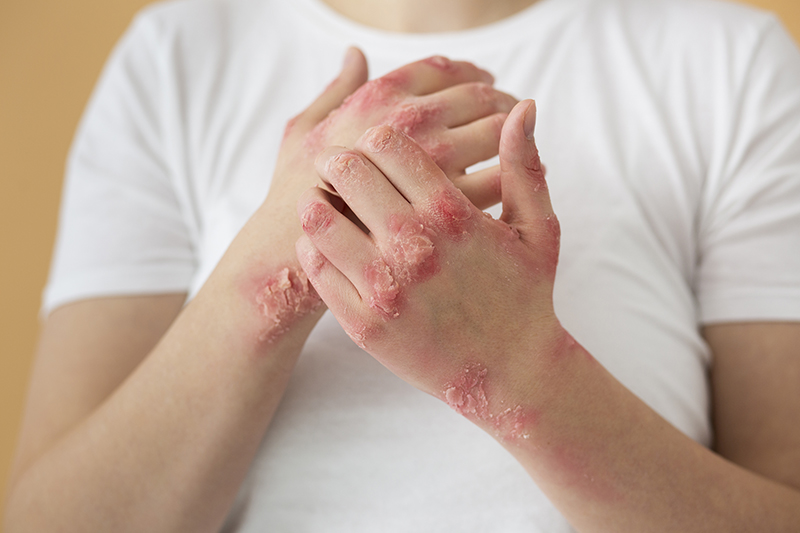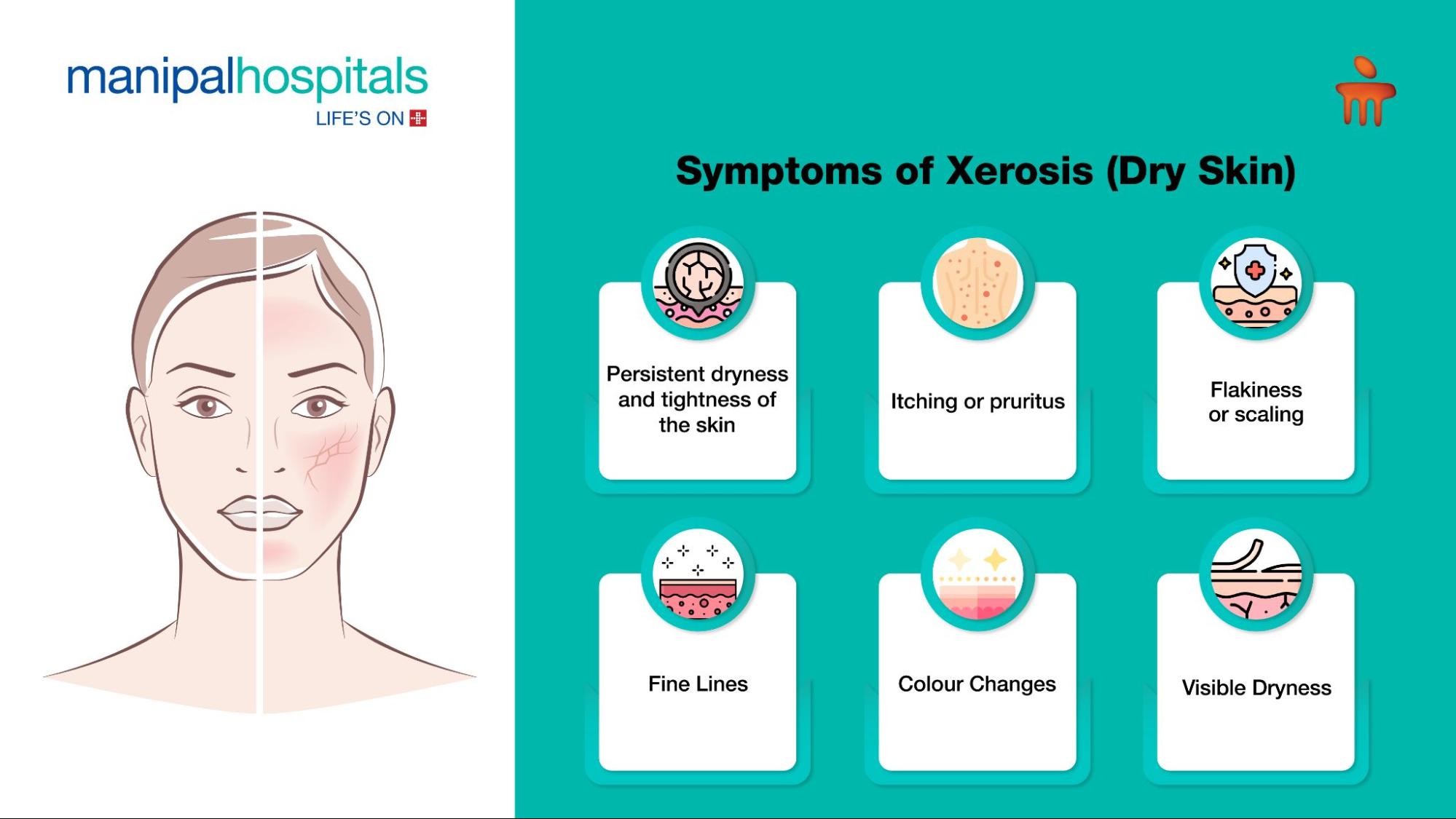Dry skin can be a common issue. It can be uncomfortable and annoying. Sometimes, it can even lead to more serious problems.
What is Dry Skin?
Dry skin is when your skin feels rough, itchy, and scaly. This happens because the skin lacks moisture. The medical term for dry skin is “xerosis.”
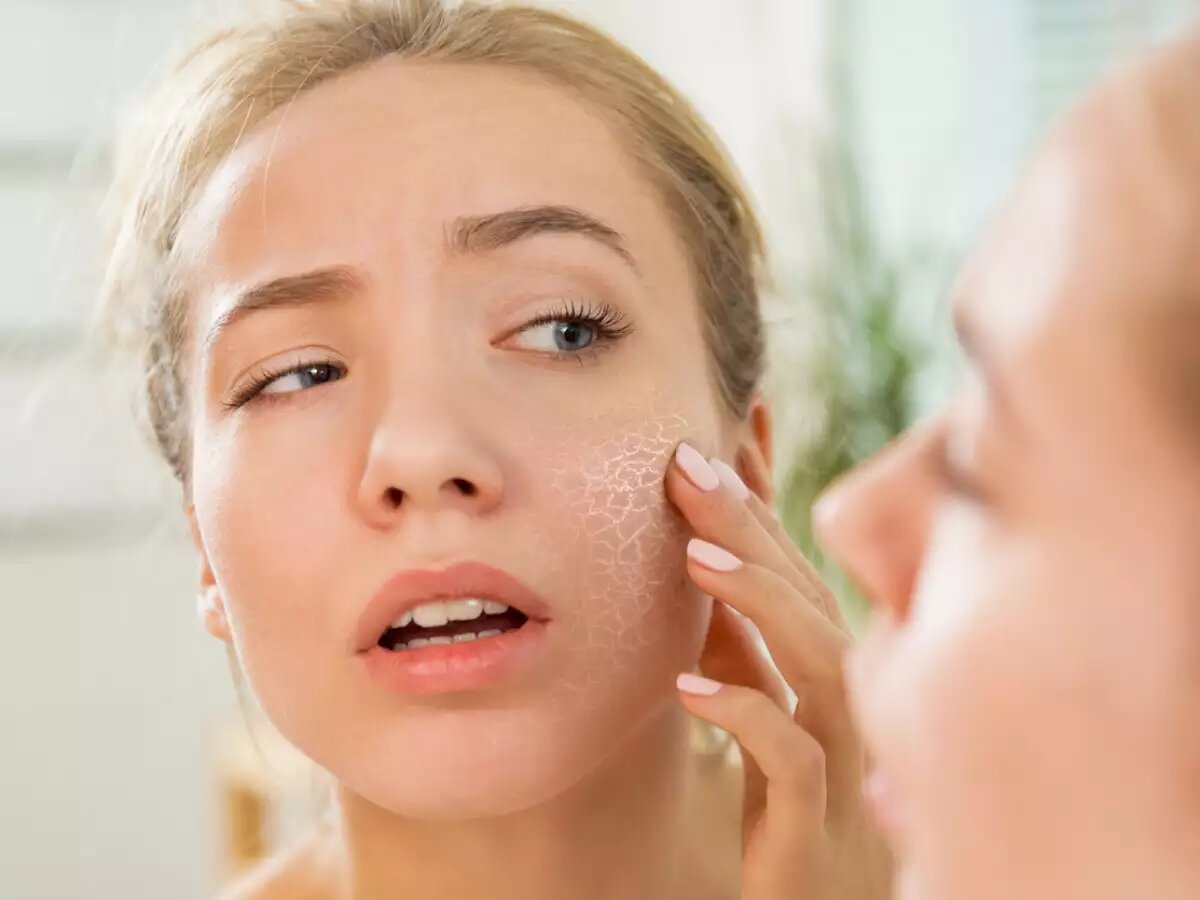
ICD 10 Code for Dry Skin
ICD 10 is a system used by doctors. It helps them code different diseases and conditions. The ICD 10 code for dry skin is L85.9. This code helps doctors and insurance companies understand your condition.
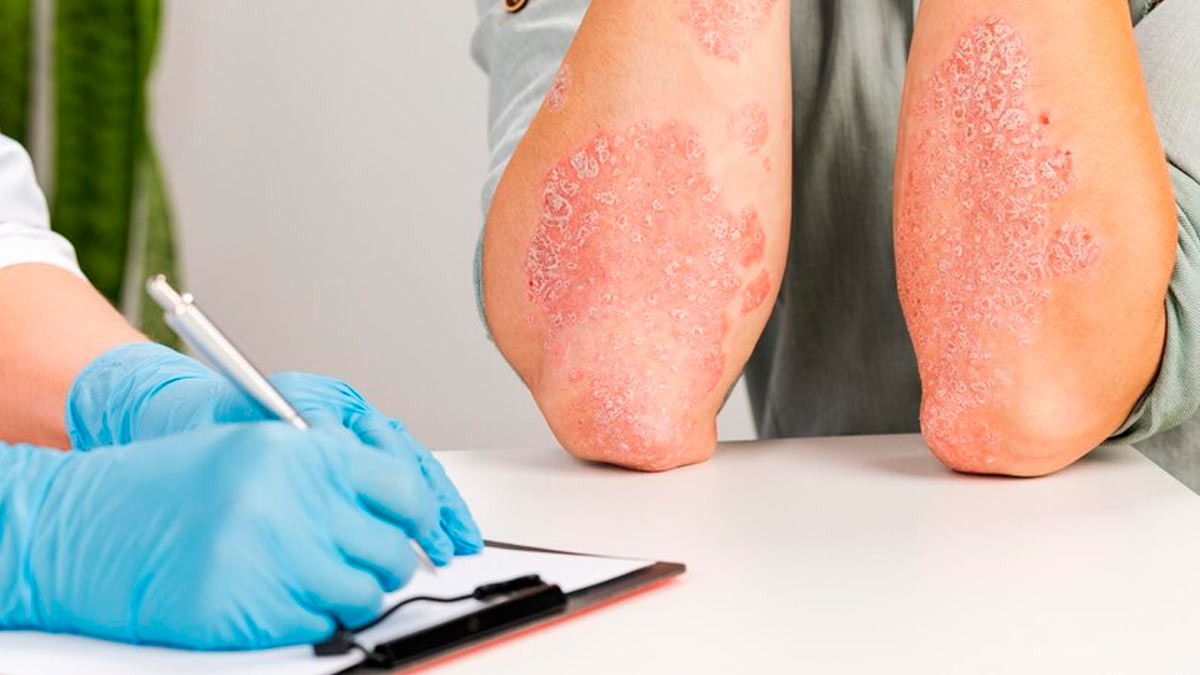
Causes of Dry Skin
Many things can cause dry skin. Here are some common causes:
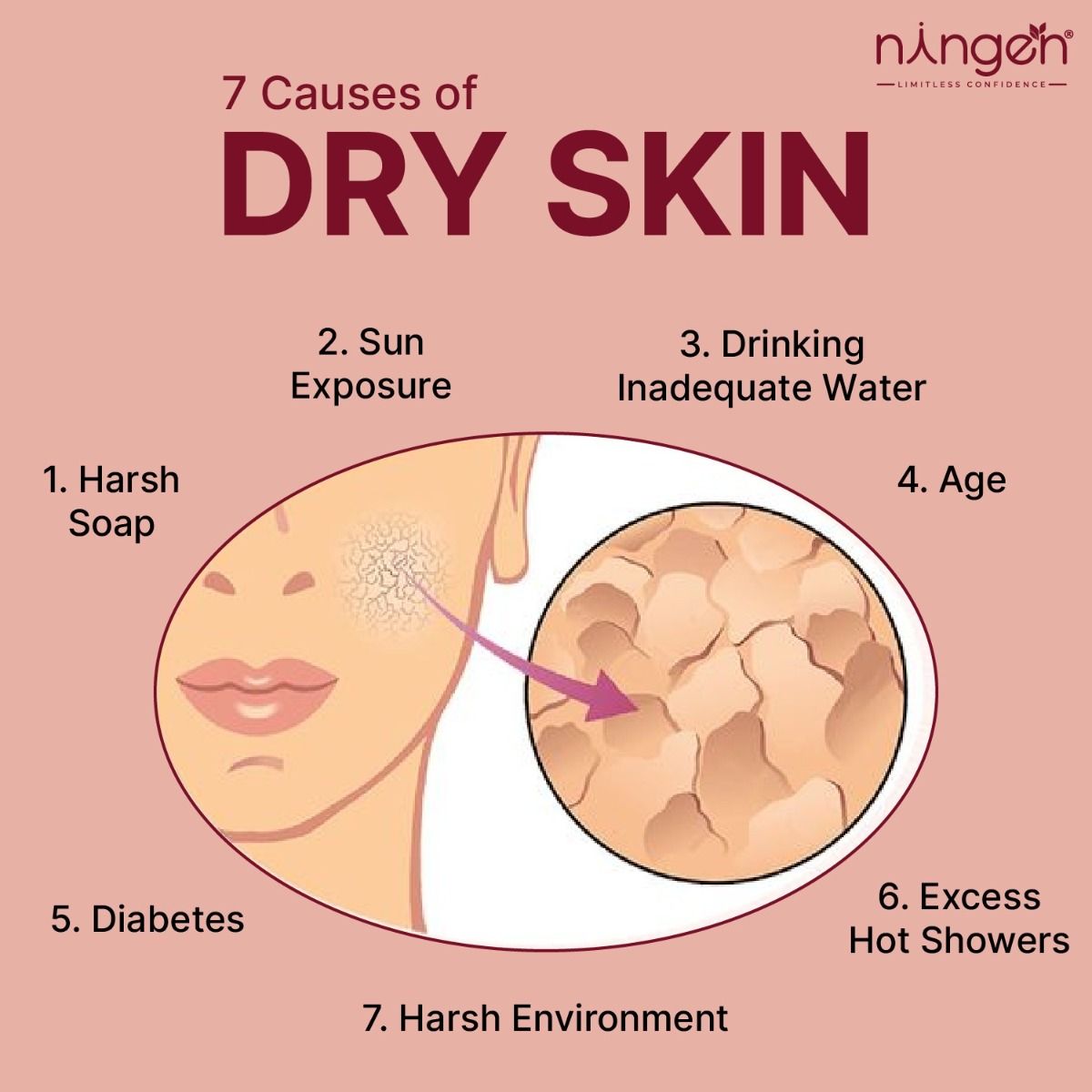
- Weather: Cold or dry weather can make your skin dry.
- Hot Showers: Long, hot showers can strip your skin of its natural oils.
- Harsh Soaps: Some soaps can be too harsh and dry out your skin.
- Age: As we age, our skin produces less oil.
- Medical Conditions: Conditions like eczema or psoriasis can cause dry skin.
Symptoms of Dry Skin
Dry skin can have many symptoms. Here are some common ones:
- Itching: Your skin may feel itchy and uncomfortable.
- Redness: The skin may look red and irritated.
- Flaking: Your skin may flake off, leaving small pieces behind.
- Cracks: In severe cases, your skin may crack and bleed
How to Treat Dry Skin

Treating dry skin is important. Here are some simple steps you can follow:
- Moisturize: Use a good moisturizer daily. This helps keep your skin hydrated.
- Avoid Hot Showers: Take warm showers instead. Hot water can dry out your skin.
- Use Gentle Soaps: Choose soaps that are gentle on your skin.
- Stay Hydrated: Drink plenty of water. This helps keep your skin hydrated from the inside.
- Humidify: Use a humidifier in your home. This adds moisture to the air.
Preventing Dry Skin
Prevention is better than cure. Here are some tips to prevent dry skin:
- Dress Appropriately: Wear gloves and scarves in cold weather.
- Use Sunscreen: Protect your skin from the sun’s harmful rays.
- Limit Exposure: Avoid spending too much time in hot or cold weather.
- Avoid Harsh Products: Choose skincare products that are gentle.
- Moisturize Regularly: Make moisturizing a daily habit.
When to See a Doctor

Sometimes, home remedies are not enough. You should see a doctor if:
- Your skin is very itchy or painful.
- You notice open sores or infections.
- Your skin does not improve with treatment.
- You have a medical condition like eczema or psoriasis.
Frequently Asked Questions
What Is The Icd 10 Code For Dry Skin?
The ICD 10 code for dry skin is L85. 3.
How Is Dry Skin Diagnosed?
Doctors diagnose dry skin by examining the skin and asking about symptoms.
What Causes Dry Skin?
Dry skin is caused by environmental factors, genetics, and aging.
Can Dry Skin Be Treated?
Yes, moisturizing lotions and creams can help treat dry skin.
Conclusion
Dry skin can be a common and annoying problem. Understanding its causes and symptoms helps. Taking simple steps can prevent and treat it. Use the ICD 10 code L85.9 to talk to your doctor. This helps them understand your condition better. Stay hydrated, moisturize regularly, and protect your skin.
The best toner for dry skin hydrates and soothes without stripping natural moisture. Look for alcohol-free formulas with ingredients like hyaluronic acid, glycerin, or rose water to nourish and refresh skin. Toners with gentle botanicals like chamomile or aloe also calm irritation, making your skin feel soft, balanced, and ready for moisturizer.
FAQs about Dry Skin
| Question | Answer |
|---|---|
| What is the ICD 10 code for dry skin? | The ICD 10 code for dry skin is L85.9. |
| Can weather affect my skin? | Yes, cold or dry weather can make your skin dry. |
| How can I prevent dry skin? | Moisturize daily, use gentle soaps, and avoid hot showers. |
| Should I see a doctor for dry skin? | Yes, if your skin is very itchy, painful, or not improving. |
| What are some common symptoms? | Itching, redness, flaking, and cracks. |

